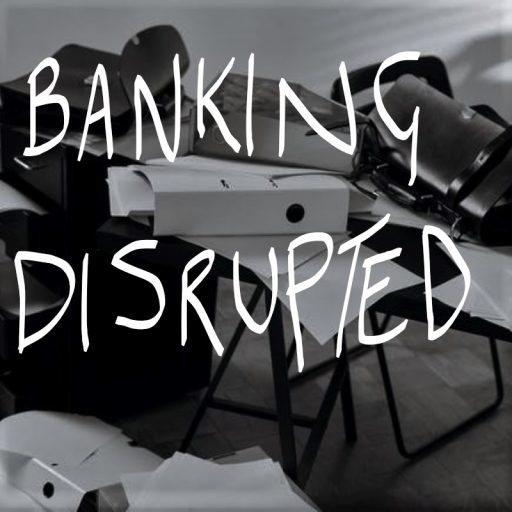A very insightful perspective into why leaders across organisations struggle with day-to-day business challenges because of their mindset. Sinek discusses the finite versus infinite mindset applied to the business world. Typically, finite games are easy to spot in that they have a well-established way of playing i.e. how to score points, the rules, how to win and how long you have to play.
With these types of games, success can be defined as there is a clear “winner”. In infinite games success is less obvious, as the objective of infinite games is to play for as long as possible. For any organisation this is a core goal, that is how to survive and thrive irrespective of overall market and or economic conditions. Leaders within these organisations can sometimes lose sight of this objective as they lag behind other players in areas of innovation, developing creative working environments and ultimately performing well financially. They start to see running the organisation as a finite game…imposing arbitrary measures and movable KPIs to justify that they have “won”.
Big Messages/Key Quotes :
- Using financial measures to demonstrate the success of an organisation does not give the full perspective of the strength of that business. The ability to survive downturns and other adverse factors is key, as super-normal profits one-year can very easily dwindle the following year
- Victornix experienced a major dip in Swiss Army knife sales when post 9/11 the product was banned from hand luggage. Sales may have plummeted in the short-term, but the overall performance of the business did not suffer over the longer term. Why? The company launched new products like travel cases, perfumes etc to create new market demand. Victornix CEO, Carl Elsener, had a visionary infinite mindset, and understood that companies need to survive for generations to be viewed as successful
- There are 5 main elements that make up an infinite mindset:
- Just Cause – existing for the betterment of something, catering for all, being of service to others, demonstrating resilience and a heavy dose of idealism in the spirit of being bold
- Trusting Teams – treating employees with respect, driving empowerment, and not sacrificing them for the pursuit of profit
- Worthy Rivals – examine the world of sport where rivalries have spurred players on to become better and better over time e.g. Federer and Nadal will both say having the other as a worthy rival helps elevate their own personal performance
- Existential Flexibility – “is the capacity to initiate an extreme disruption to a business model or strategic course to more effectively advance a Just Cause. A great banking example of this is Starling Bank which not only put customers at the centre of its strategy for real, but also changed the method of doing banking and executing banking through its partnership platform
- Courage to lead – turning your CEO into a Chief Vision Officer (CVO) more overtly. Taking hard decisions that mean sometimes you must go backwards to go forward. Bold courageous decisions, like the decision CVS made to stop selling cigarettes to position itself as a well-being retailer, can help to generate growth through attracting new offerings and brands
Why read this book?
This book is designed for anyone who is involved in driving organisational growth and is keen to develop a competitive edge in the way in which they lead people. Several excellent case studies, across several industry sectors, are shared which help to embed the concepts well.




